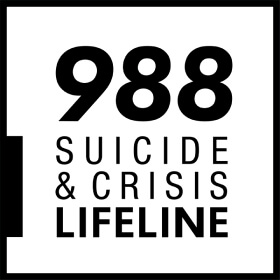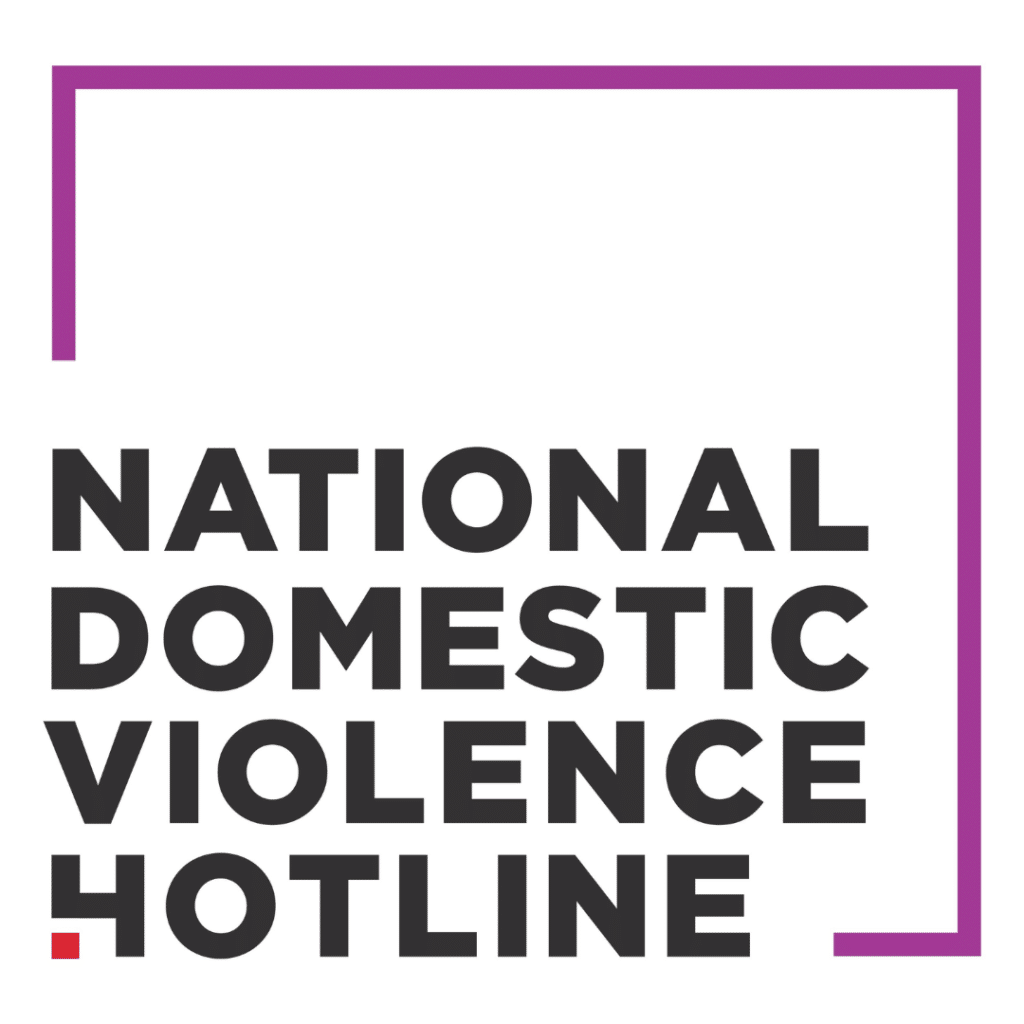How Does Sexual Violence Impact Self-Esteem?

Self-esteem can be described as an ongoing assessment of one’s sense of self and the value assigned to those perceptions. Self-esteem is based on perception. The value judgments people make about themselves may or may not be based in reality. Rather, a sense of self is shaped by the lens through which people see the world.
Many survivors struggle with their self-esteem after sexual assault.
Trauma changes the way people perceive the world.
A traumatic event can cause a major shift in the assumptive world. The assumptive world refers to an individual’s core beliefs about the world and their place in it, built throughout the course of their lives, which is strongly maintained and used as the foundation through which they navigate life. It provides a sense of safety, stability, and security.
When the assumptive world shatters, people become disoriented and may feel like everything has shifted. This is known as the shattered assumptions theory. It suggests that there are three core beliefs that provide people with a sense of invulnerability, allowing them to navigate confidently throughout the world. These beliefs are, “the world is benevolent,” “the world is meaningful,” and “the self is worthy.” Someone’s sense of self-worth is often affected when something shatters their assumptive world.
Survivors often blame themselves.
Survivors are often left wondering why they specifically were sexually assaulted. Rather than attributing the blame where it belongs, to the perpetrator, survivors turn that blame inward. Survivors may believe that they are uniquely flawed or did something to deserve what happened. They may do this to try and rationalize why this happened, even though there is no justifiable reason.
Survivors often victim-blame themselves. They do this even if they don’t feel the same way about other survivors. They may foster regret over how they acted before, during, and after the assault, believing that the outcome would have been different had they acted differently.
Often subconsciously, people blame themselves for trauma because it maintains an internal locus of control. Locus of control is the extent to which people believe they have control over the events that happen in their lives, being either internal or external. A degree of an internal locus of control is good. However, when it comes to trauma, it can sometimes mean that survivors believe they had the power to control what happened to them, even though they did not. Accepting that bad things happen to undeserving people can be difficult because it challenges people’s sense of safety and externalizes the locus of control.
Survivors often feel irreparably damaged.
After a sexual assault, survivors often report feeling:
- Damaged
- Dirty
- Loss of value
- Less than others
- As though other people know or “can tell”
- Unsure why others would care about them
- As though their only value is sexual in nature
These feelings can be amplified by the concepts of purity and virginity, which push a narrative that both consensual or non-consensual sexual acts, are immoral, have the ability to change us as individuals, and determine our worth. In reality, the only person who a sexual assault should reflect negatively on is the perpetrator, not the survivor.
All of the feelings survivors have after a traumatic event are valid, meaning that they aren’t wrong for having those feelings, but it doesn’t mean that their self-assessments are correct. A traumatic event such as sexual assault can completely disrupt the way a survivor sees themselves and the world, however, there are ways to heal self-esteem after sexual assault.

988 Suicide and Crisis Lifeline
988 Lifeline is a national network of local crisis centers that provides free and confidential emotional support to people in suicidal crisis or emotional distress 24 hours a day, 7 days a week in the United States. We’re committed to improving crisis services and advancing suicide prevention by empowering individuals, advancing professional best practices, and building awareness.

National Sexual Assault Hotline
RAINN is the nation’s largest anti-sexual violence organization. RAINN created and operates the National Sexual Assault Hotline in partnership with more than 1,000 local sexual assault service providers across the country.
Phone: 800-656-4673
Chat: Click here to chat

VictimConnect Resource Center
VictimConnect is a referral helpline where ALL crime victims can learn about their rights and options confidentially and compassionately.
Phone and text: 855-4-VICTIM
Online chat: Monday-Friday from 9am to 5pm EST



